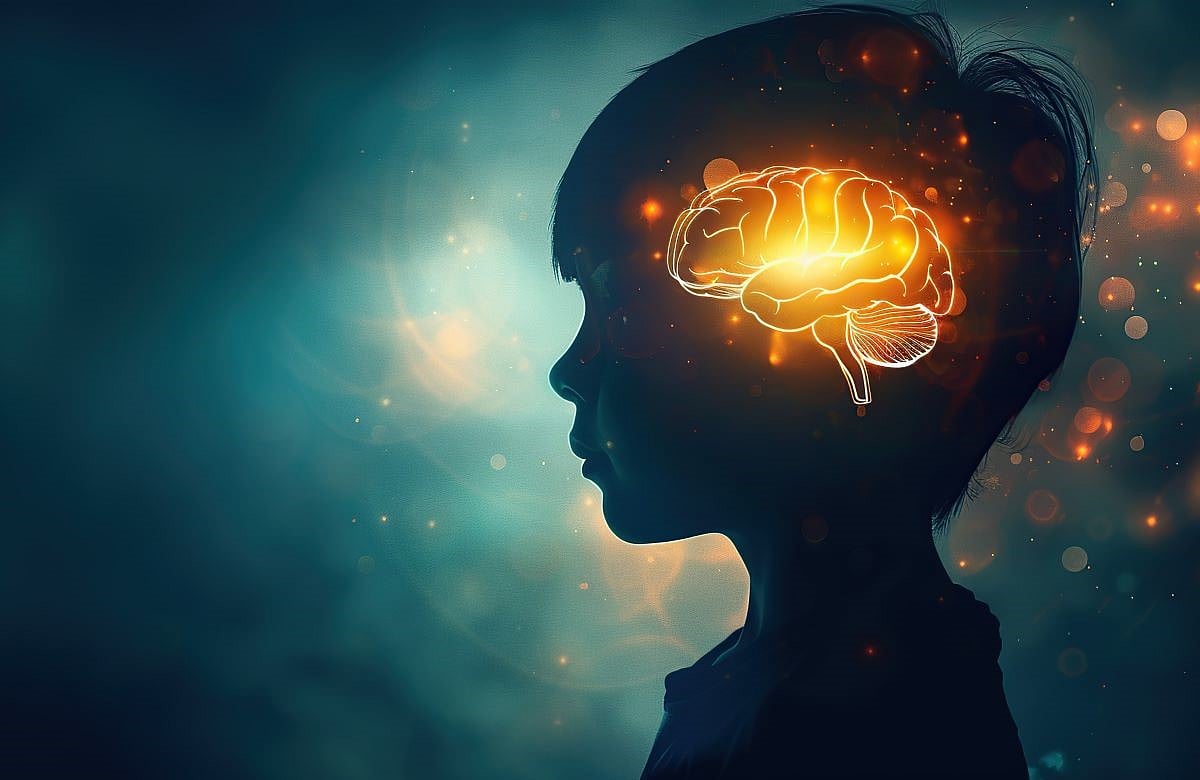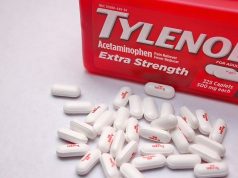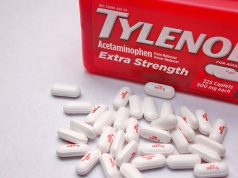Prefrontal-cerebellar tPCS over four weeks in children aged 3 to 14 years can improve social functioning
By Elana Gotkine HealthDay Reporter
MONDAY, May 5, 2025 (HealthDay News) — Twenty sessions of prefrontal-cerebellar transcranial pulsed current stimulation (tPCS) over four weeks in children aged 3 to 14 years with autism spectrum disorder (ASD) can improve social functioning and sleep, according to a study published online April 21 in JAMA Network Open.
Zhenhuan Liu, M.D., Ph.D., from Nanhai Maternity and Children’s Hospital Affiliated to the Guangzhou University of Chinese Medicine in Foshan, China, and colleagues examined the safety and efficacy of tPCS in improving social functioning and sleep disorders in children with ASD in a multicenter, sham-controlled randomized clinical trial. A total of 312 participants were included in the study and randomly assigned to the active group, who underwent daily 20-minute sessions of active tPCS (0.7 mA), or the sham group (brief 0.7 mA ramp-up and ramp-down), for 20 sessions over four weeks (155 and 157 participants, respectively). All participants received one hour of standard therapy each day after tPCS.
The researchers found that the mean Autism Treatment Evaluation Checklist total score improved by 4.13 and 7.17 points in the sham and active tPCS groups after 20 sessions (5.8 and 10.7 percent, respectively). The active tPCS group had significantly greater improvement in an analysis of covariance (difference, −3.50). The active and sham treatments were well tolerated.
“In this randomized clinical trial of prefrontal-cerebellar tPCS in children aged 3 to 14 years with ASD, a 20-session, one-month intervention was demonstrated to be safe and resulted in greater improvement of social functioning and sleep compared with sham stimulation,” the authors write.
Two authors disclosed ties to the biopharmaceutical industry; one author holds several related patents.
Copyright © 2025 HealthDay. All rights reserved.








